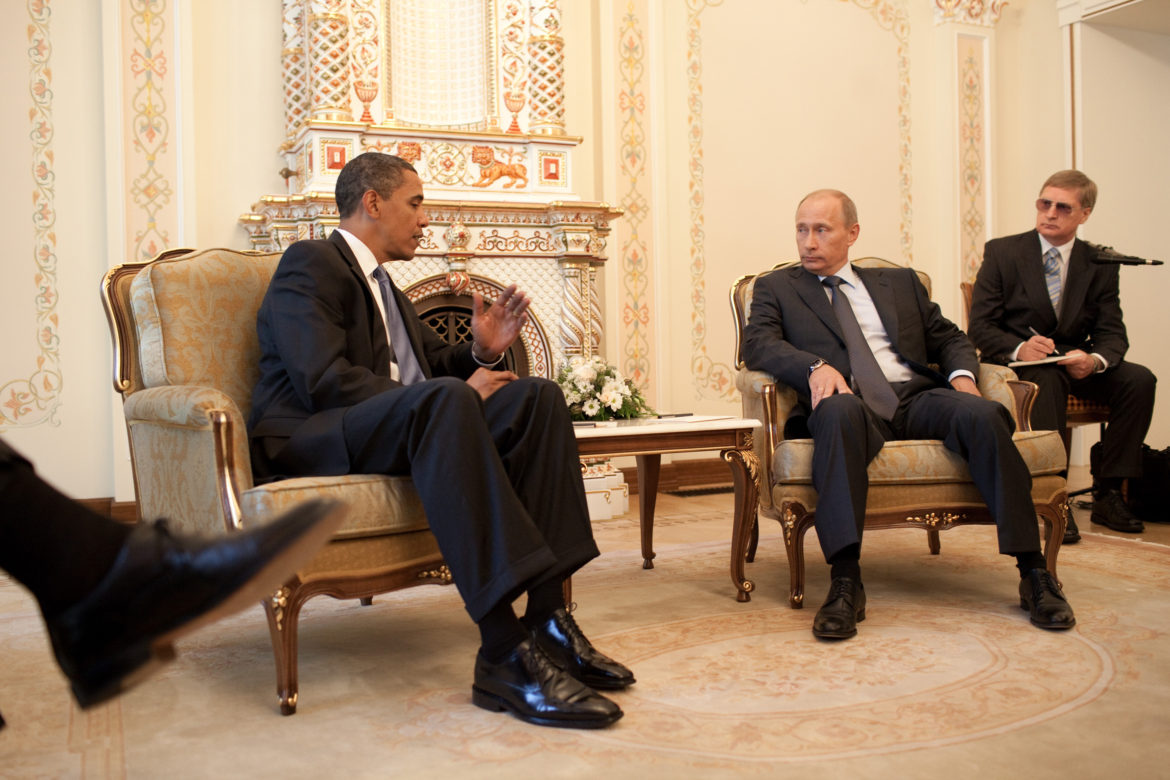Editor’s Note: This is the second of a two part series on Russia foreign policy by contributor Wyatt Bertsch. The first piece can be found here.
Politicians have pointed to the context of the emails instead of how they were produced. While the context of Clinton’s emails matter, the way in which they were procured matters as much, or more. To steal one’s private thoughts and broadcast them for political purposes is never, ever, permissible, and that should be true regardless of parties.
Yet, the prevailing conservative response after the election has mostly been a collective shrug. Since this thaw between our countries has begun, misconceptions abound about whether Russia is a friend or enemy of the United States. The answer is surely complicated, but there’s enough to formulate our own opinions. And there’s plenty be wary of.
Imagine, for a moment, that the tables were turned. Imagine that the Russians had hacked the Trump campaign and Hillary Clinton had won the Presidency. Maybe it wouldn’t have decided the race for her, either, but it would have been enough to make us think twice. Imagine how angry we would have felt. Republicans would have demanded an investigation. We would have been re-thinking Russia.
Alexander Litvinko, a dissident who had fled to London after speaking out against Putin, was poisoned in his adopted country and left to suffer for a month before succumbing to his wounds. Among his last words were identification of the man who had assassinated him: Putin. Boris Nemtsov, a politician opposed to Putin, was gunned down in view of the Kremlin in 2015. He said in a prior interview that he believed Putin would have him killed. Vladimir Kara-Murza, another dissident, is suffering today from “poisoning of an unidentified substance.”
Think of it this way; if the exact same list of problems, with the same implications, were brought up under a regime that openly sponsored terrorism, would we accept it? Hell, Republicans wouldn’t accept that behavior out of Canada. That’s because Republicans are better at identifying and rejecting hypocritical double standards. For example, when President Obama appeased the Castro regime or Iran’s Ayatollah by offering the moon and the sun and nothing in return, we called him out on it. We recognized the problem these nations posed toward world order and fought back. The same standard should be leveled at our current situation; no more, no less.
The question now is what President Trump will do in regards to Russia. As of this writing, no large-scale action has been taken to appease Putin’s regime. No sanctions have been lifted, no definite policy has been enacted, and aside from positive language about the U.S./Russo relationship, nothing seems to be coming down the pipe. In fact, it could be argued that Trump has taken a hardline stance of his own. Nikki Haley, his choice for Ambassador to the UN, unflinchingly called Putin a war criminal in her confirmation and has been a consistent voice against Russia’s transgressions in the UN. Defense Sec. James Mattis and Homeland Security Sec. John Kelly have both listed Russia as among their top threats, and NATO as a top ally. These national security voices will offer no appeasement to Putin.
Perhaps it’s time for a thaw between the relationships of our countries. Perhaps President Trump is the man to lead us to this outcome. But for the time being, Republicans need to remain very wary of Putin’s Russia.
This is the conclusion of a two part series on Russia foreign policy. The first piece can be found here.

